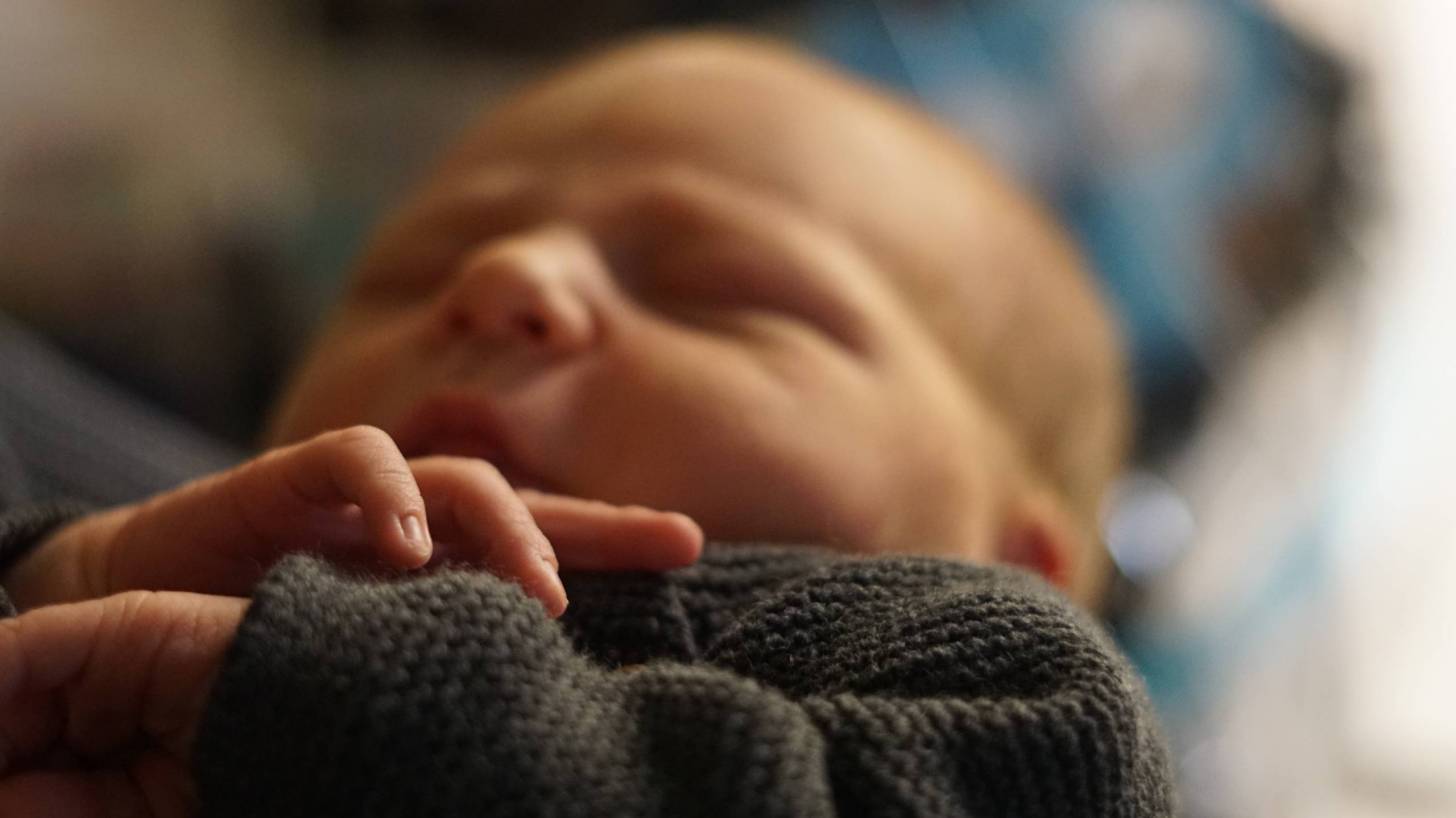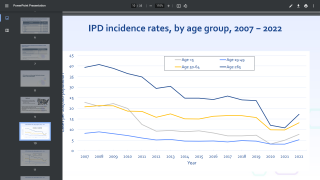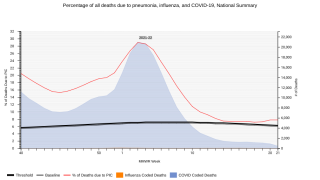Is Pneumonia Deadlier Than COVID-19 for Children?

As World Pneumonia Day is celebrated on November 12th, health leaders across the globe are debating innovative vaccination strategies to protect children better.
Pneumonia is an infection of the lung and infectious killer of children, claiming the lives of tens of thousands of children worldwide.
Furthermore, since the coronavirus pandemic began in early 2020, pneumonia has killed almost double the number of children in the U.S. compared to COVID-19.
The US Centers for Disease Control and Prevention (CDC) confirmed on November 10, 2021, there have been 1,088 deaths from pneumonia since January 2020 in people under 18.
Additionally, the CDC reported 157 pediatric deaths involving both COVID-19 and pneumonia.
While 595 deaths are attributed to COVID-19 alone.
The good news from the CDC is during the 2020-2021 flu season, just one pediatric death related to influenza was confirmed. And zero so far this flu season.
When reviewing the causes of pneumonia, respiratory viruses, bacteria, and fungi are listed by the CDC. In addition, vaccines are known lines of defense against respiratory diseases and a vital tool in pneumonia prevention.
In the U.S. common causes of viral pneumonia are influenza, respiratory syncytial virus (RSV), and SARS-CoV-2, the coronavirus that causes COVID-19. And a common cause of bacterial pneumonia is Streptococcus pneumoniae.
While COVID-19 vaccinations have recently been expanded for children, RSV vaccines remain in clinical studies.
Separately, vaccines that help prevent pneumococcal disease, which is any type of illness caused by Streptococcus pneumoniae bacteria, are readily available.
When the decision comes to vaccinating children, there are effective and safe pneumococcal conjugate vaccines. The first pneumococcal vaccine for use in all infants in the United States was introduced in 2000.
From 1998 through 2018, the invasive pneumococcal disease caused by the 13 serotypes covered by PCV13 decreased by 98% in children younger than five years old.
Although 82% of US children 19 to 35 months of age have received 4 or more PCV vaccines, infections caused by vaccine serotypes still occur, reports the American Pediatric Association.
However, greater than 70% of current invasive disease is caused by nonvaccine serotypes in the U.S, and there is an increased risk in healthy young children and children with underlying medical conditions for nonvaccine serotype pneumococcal infections.
Today, Prevnar 13® is a U.S. Approved vaccine and is generally available.
This pneumococcal vaccine is indicated in children six weeks through 17 years for active immunization to prevent invasive disease caused by Streptococcus pneumoniae serotypes 1, 3, 4, 5, 6A, 6B, 7F, 9V, 14, 18C, 19A, 19F, and 23F.
And for children six weeks through 5 years of age to prevent otitis media caused by 7 of the 13 serotypes in the vaccine.
The CDC’s Advisory Committee on Immunization Practices (ACIP) is working on new advice and guidance for adults.
During the ACIP meeting on October 20, 2021, Miwako Kobayashi, M.D., MPH, presented ‘Considerations for Age-Based and Risk-Based Use of PCV15 and PCV20 among U.S. Adults and Proposed Policy Options.’
Visit Bact Facts Interactive to analyze and visualize CDC’s pneumococcal disease trends data.
‘As the COVID-19 pandemic continues into unknown territory, it’s important to remember on World Apenumonia Day that well-established pneumonia vaccines can significantly reduce the deaths of children and adults.’
PrecisionVaccinations publishes fact-checked research-based vaccine news.
Our Trust Standards: Medical Advisory Committee
- World Pneumonia Day
- CDC: Provisional Death Counts for Coronavirus Disease 2019 (COVID-19)
- CDC: Advisory Committee on Immunization Practices (ACIP)
- CDC: Considerations for Age-Based and Risk-Based Use of PCV15 and PCV20 among U.S. Adults and Proposed Policy Options
- Prevnar 13 Pneumococcal Vaccine
- Streptococcus pneumoniae
- Pneumococcal Vaccines
























